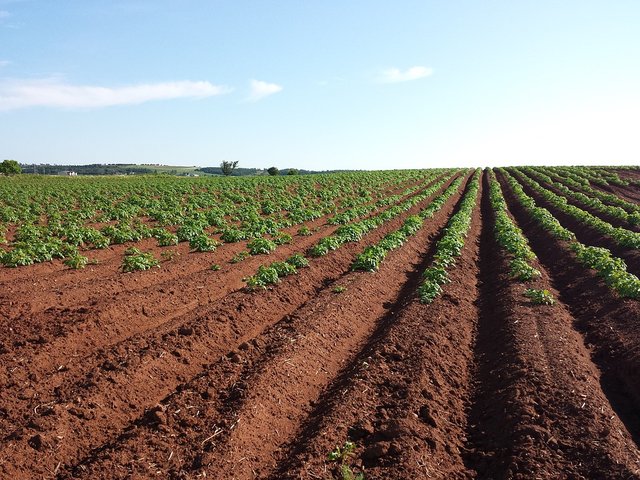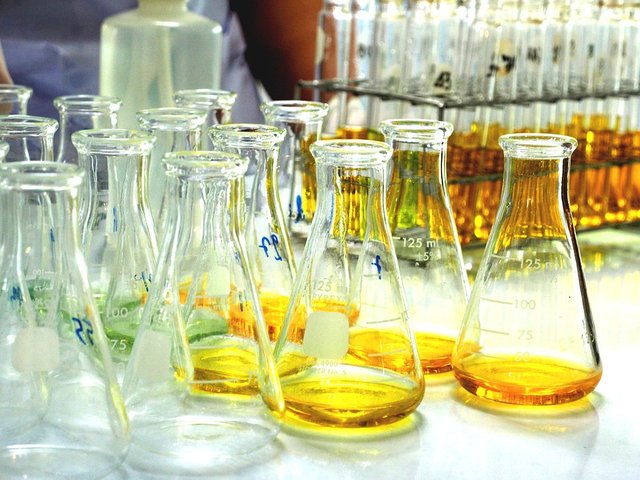Electrical conductivity as an agricultural research variable

In this new contribution, we will describe one of the most used variables in the agricultural research, as it is the ELECTRICAL CONDUCTIVITY (E.C.).
In agriculture, it is of vital importance to know the concentration of salts in the soil, as well as the salinity values of substrates, chemical fertilizers and organic fertilizers that will be applied in the agricultural production units, as a nutritional complement to favor the growth, development and production of a certain cultivated plant species. However, the variable used to measure the salt content or concentration of soluble ions is called Electrical Conductivity (E.C.).

Fig. 2 The EC serves as a parameter to know total and relative concentrations of ions in the soil. Image of public domain, Author: Kitt, 2016
In this sense, it is important to emphasize that the electrical conductivity, has been interpreted from the physicochemical point of view, as the capacity that can present an aqueous solution to transport electrical current (mmhos/cm, mSiemens/m), regarding the agricultural activity, the E.C. serves as parameter to know total and relative concentrations of the ions in the soil or any other substrate, its mobility, the temperature of the liquid and the content of dissolved solids.
As an agricultural parameter, the electrical conductivity can indicate high values with phytotoxic potential, or in its absence, low values that affect the normal development of plant species, taking into account that in the case of excess salinity in soil, substrate, chemical fertilizer or organic fertilizer, the growth of plants can be limited, delaying germination, burning roots, affecting reproduction by decreasing water availability and nutrient absorption, otherwise a very low salt content may indicate fertility problems, especially of bases such as potassium, calcium or magnesium.
BIBLIOGRAPHICAL REFERENCES CONSULTED:
[1] Corwin D. Application of Soil Electrical Conductivity to Precision Agriculture: Theory, Principles, and Guidelines. Agronomy journal. 2003; 95; 3: 455-471. Article: Online access
[2] Lopes D., Botelho D., and Silva C. Soil Fertility and Electrical Conductivity Affected by Organic Waste Rates and Nutrient Inputs. Rev Bras Cienc Solo. 2016; 40: e0150152. Article: Online access